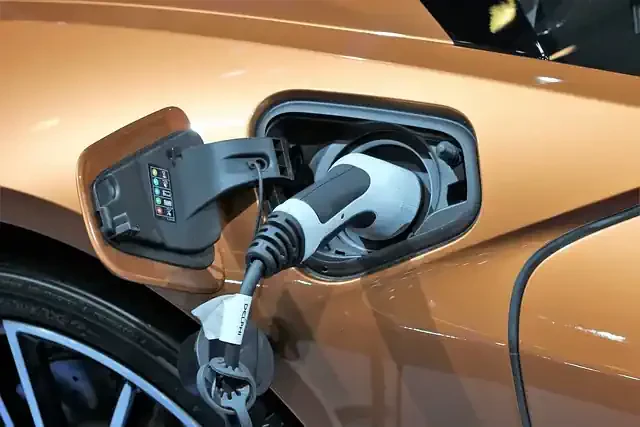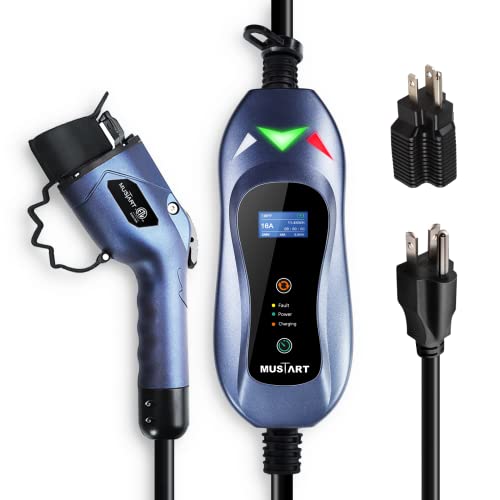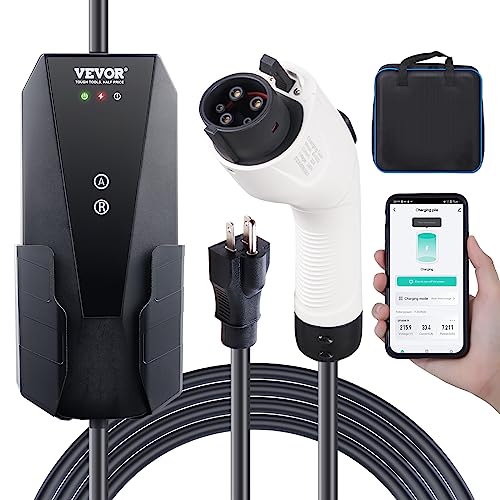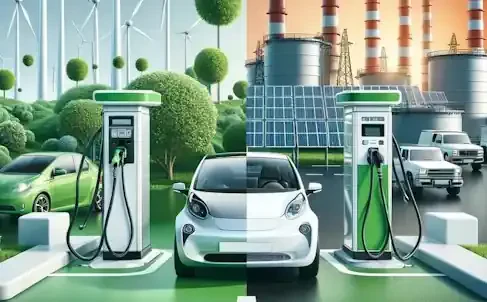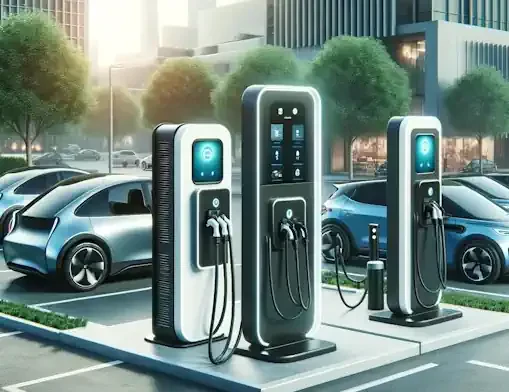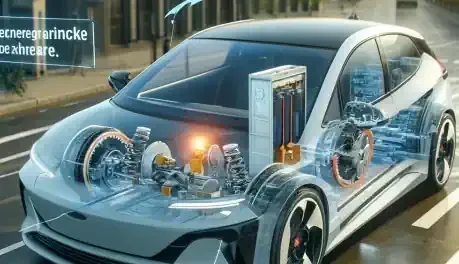Introduction
The rise of electric vehicles (EVs) has transformed the automotive industry, ushering in a new era of eco-friendly transportation. As EV adoption continues to grow, so does the demand for efficient and reliable EV charging stations. Choosing the right EV charger can greatly impact your EV ownership experience, providing convenience, speed, and peace of mind. In this comprehensive buyer's guide, we will explore the key factors to consider when selecting the best EV charging station for your needs.
Understanding Charging Levels
Before diving into the specifics of EV chargers, it's essential to understand the different charging levels available:
a) Level 1 (120V): This is the most basic charging option and utilizes a standard household outlet. While it is the slowest method, it can be convenient for overnight charging at home.
b) Level 2 (240V): Level 2 chargers are the most common choice for residential charging and offer faster charging times than Level 1, making them ideal for daily use.
c) Level 3 (DC Fast Charging): Also known as DC fast chargers, Level 3 chargers provide rapid charging, significantly reducing charging times. They are typically found at public charging stations and are suitable for long-distance travel.
Home or Public Charging?
The first decision to make is whether you primarily need an EV charger at home or if you'll rely more on public charging stations. Home charging offers the convenience of having a dedicated charging point where your vehicle spends most of its time. Level 2 chargers are an excellent choice for home installations, providing a balance of charging speed and affordability.
However, if you don't have access to home charging or plan on taking long trips frequently, public charging stations, especially Level 3 DC fast chargers, become crucial. Before choosing a specific charger, it's vital to research the availability and compatibility of public charging stations in your area.
Charging Speed and Capacity
Charging speed is a critical factor to consider when selecting an EV charger. Level 2 chargers vary in charging speed, usually ranging from 3.3 kW to 22 kW. A higher kW rating allows for faster charging, but keep in mind that your EV's onboard charger also plays a role. Ensure that the charger's capacity aligns with your vehicle's maximum charging capability to avoid any bottlenecks.
For example, if your EV can charge at a maximum rate of 7.2 kW, a 22 kW charger will not provide any additional benefits over a 7.2 kW charger. However, choosing a charger with a higher capacity might be more future-proof if you plan on upgrading to a higher-capacity EV in the future.
Connectivity and Smart Features
The best EV chargers come with smart features and connectivity options. These can include Wi-Fi or Bluetooth connectivity, allowing you to monitor and control the charging process remotely through a smartphone app. Some chargers even offer advanced features like scheduling charging times, energy usage tracking, and integration with smart home systems.
Smart charging can help you take advantage of off-peak electricity rates, optimize energy consumption, and receive real-time notifications about charging status and any potential issues. When considering chargers with smart features, ensure that they are compatible with your EV and offer a user-friendly interface.
Brand Reputation and Customer Support
Choosing an EV charger from a reputable brand is essential for ensuring quality, reliability, and safety. Established brands often have a proven track record of producing durable and efficient charging solutions. Look for chargers that are UL-listed or certified by recognized safety standards organizations to guarantee compliance with safety regulations.
Additionally, consider the level of customer support provided by the manufacturer or seller. In case of any technical issues or questions, responsive customer support can make a significant difference in your overall charging experience.
Portability and Installation
For some EV owners, portability is a crucial factor, especially if you rent your home or plan to move in the future. Portable Level 2 chargers, also known as plug-and-play chargers, are easy to install and can be taken with you when you move.
On the other hand, if you own your home and want a permanent charging solution, wall-mounted chargers are the way to go. Wall-mounted chargers offer a neater and more organized charging setup, and professional installation is recommended to ensure safety and compliance with electrical codes.
Cost and Incentives
The cost of an EV charger can vary significantly depending on the brand, features, and charging speed. Level 1 chargers are generally the most affordable, while Level 3 DC fast chargers tend to be the most expensive.
Keep in mind that there might be additional costs involved, such as installation fees and potential electrical upgrades for higher-capacity chargers. However, many regions offer incentives and rebates for purchasing and installing EV chargers, so it's worth checking with local authorities or utility companies to see if you qualify for any incentives.
Conclusion
Selecting the best EV charger for your electric vehicle involves careful consideration of charging levels, speed, connectivity, brand reputation, and other essential factors. Whether you opt for a Level 2 charger for home use or a Level 3 DC fast charger for long-distance travel, choosing the right charging station can significantly enhance your EV ownership experience. Invest time in researching various options, reading user reviews, and consulting with experts to make an informed decision that aligns with your EV driving habits and lifestyle. With the right EV charger at your disposal, you can enjoy the journey of emission-free driving with ease and confidence.
